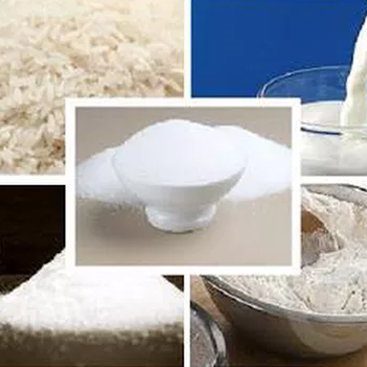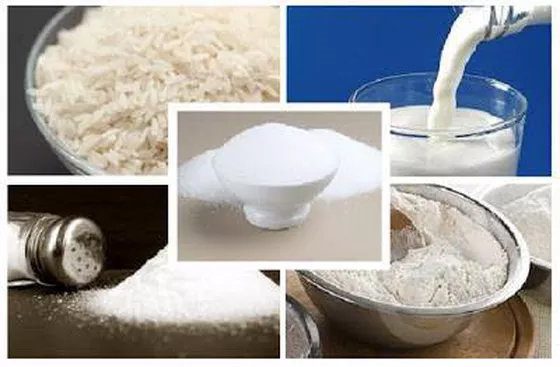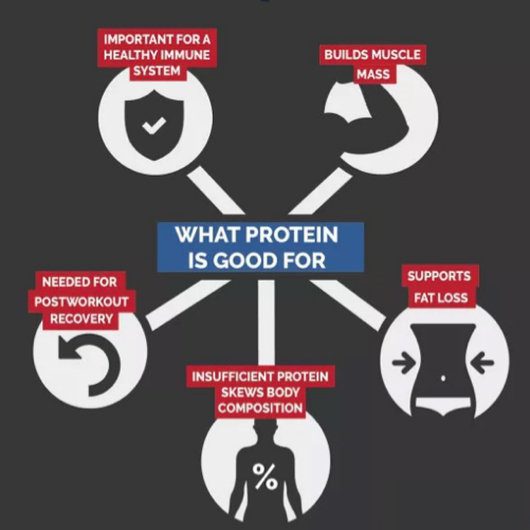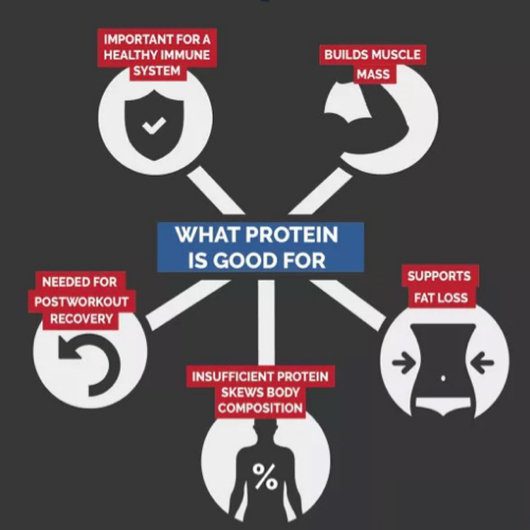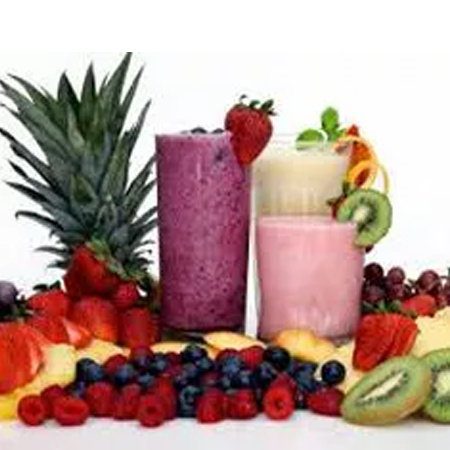
Many of us can not start our day without a piping hot cup of tea or coffee, or when feeling tired we tend to grab an energy drink, after which we feel fresh and energetic.
Let’s try to understand what is the reason behind this kick. Actually this feeling is caused by caffeine – a natural stimulant that stimulates the brain and nervous system to stay alert and prevent tiredness.
Caffeine is found in tea leaves, coffee beans and cacao seeds. It’s very important to know how much quantity of caffeine is available in various products such as coffee, tea, cola drinks and chocolates so that, you can benefit rather than health issues.
Is Caffeine beneficial?
- Since caffeine mainly affects the brain and its function, it may help to improve mood, decrease depression, increase brain function and to some extent may help to protect against Alzheimer’s and Parkinson’s.
- Boosts our concentration and memory
- Caffeine may also help in boosting metabolism and promote fat loss.
- Caffeine also helps in reducing water retention as it increases frequency of urination (Diuretic in nature)
- Can help in reducing type 2 diabetes
Now let’s look into the different types of caffeine rich food in our day to day life:
Coffee
It’s a brewed drink made from roasted coffee beans, and berries of certain species of coffee. Coffee contains riboflavin (B2), niacin (B3), magnesium, potassium and many antioxidants.
Types of coffee and their caffeine content

Decaf stands for decaffeinated. These coffees are made by removing around 97% of caffeine from the coffee beans while processing. This is a good option for people who wants to limit their caffeine intake.
Tea
About 88% of the total Indian population consume at least one cup of tea in a day. Let’s compare different types of tea to understand the caffeine quantity:

Chamomile, Peppermint and Dandelion tea come under category of Herbal Tea. These products are caffeine free because, these are either dried flowers, leaves, seeds or root of caffeine free plants.
One of the best options for the late night relaxation without disturbing sleep pattern after tea.
Cacao
Cacao and cocoa are both from the cacao plant. Cacao is made by cold pressing the unroasted cacao beans. Whereas cocoa powder is made by high temperature roasted cacao beans, which is highly processed.
Both cacao powder and cocoa are used in making chocolates and chocolate-based products.
Comparing Caffeine Levels in Different Chocolates

Caffeinated Drinks
Caffeinated drinks are the beverages that contain caffeine. Many caffeinated drinks such as soft drinks and energy drinks are available in market.

Recommended Caffeine Intake
1 to 3 mg caffeine per kg body weight is considered safe for adults. Such moderate dosages can be found in everyday amounts of coffee, tea, cold drinks, chocolates and some sports products (e.g., gels).
For example, 60-80 mg of caffeine is supplied by a small cup of espresso coffee or 400 ml of a cola drink.
Excess intake of caffeine (e.g. 9 mg per kg body weight) can result in side effects like jitteriness, nervousness, insomnia, headache, dizziness, and gastrointestinal distress, which can obviously have a detrimental effect on day to day activities.
Conclusion
- It is advisable not to exceed caffeine more than 3 mg per kg body weight
- Avoid taking tea or coffee or any caffeinated drinks before going to bed as caffeine takes 6hrs to get out of our system which will leave you sleep deprived. You can opt herbal teas such as chamomile, dandelion or peppermint tea instead.
- Incase you suffer from digestion issue and prefer coffee go for decaf than regular.
- Swap milk chocolates with dark chocolates as it contains less amount of carbohydrates and fat, considering to keep the amount of caffeine intake under control.
- Its better to avoid caffeinated soft drinks and energy drinks as they are high in sugar and they will provide you with instant energy boost but will not sustain for longer.
If you have any questions related to healthy nutrition or weight loss, please schedule an online appointment with the best dietitian in bangalore Silky Mahajan.
For inquiries, please feel free to email us at info@foodsandnutrition.in or call us at 7829999400 between 10:00 AM IST – 7:00 PM IST (Mon – Sat).









